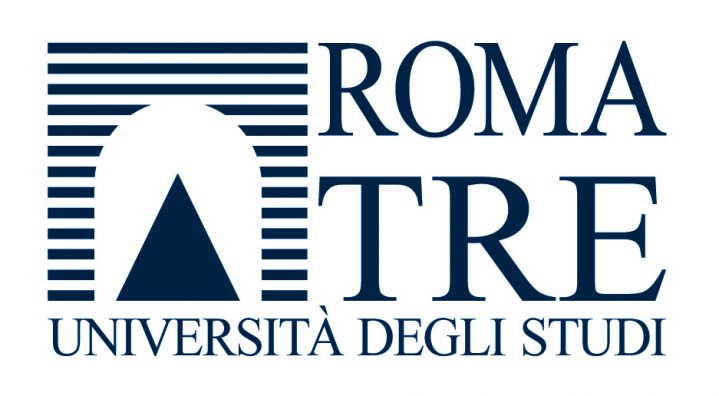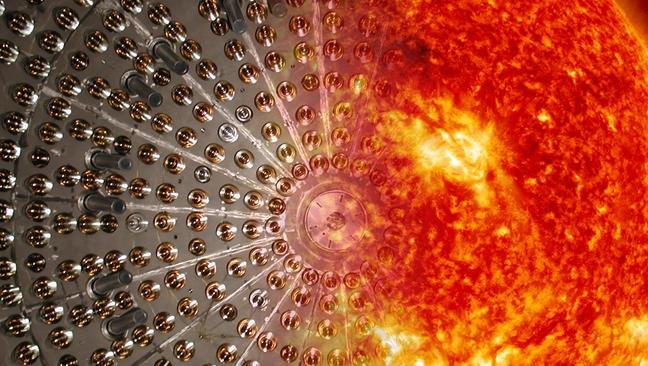Martedì 5 ottobre alle ore 15:00, Giulio Settanta dell' Institut für Kernphysik, Forschungszentrum Jülich, Germany , terrà il Colloquio di Fisica online dal titolo " First detection of solar neutrinos from the CNO cycle with the Borexino detector ".
Abstract:
Neutrinos are elementary particles which are known since many years as fundamental messengers from the interior of the Sun. The Standard Solar Model, which gives a theoretical description of all nuclear processes which happen in our star, predicts that roughly 99% of the energy produced is coming from a series of processes known as the “pp-chain”. Such processes have been studied in detail over the last years by means of neutrinos, thanks also to the important measurements provided by the Borexino experiment. The remaining 1% is instead predicted to come from a separate loop-process, known as the “CNO cycle”. This sub-dominant process is theoretically well understood, but has so far escaped any direct observation. Another fundamental aspect is that the CNO cycle is indeed the main nuclear engine in stars more massive than the Sun.
In 2020, thanks to the unprecedented radio-purity and temperature control achieved by the Borexino detector over recent years, the first ever detection of neutrinos from the CNO cycle has been finally announced. The milestone result confirms the existence of this nuclear fusion process in our Universe. Here, the details of the detector stabilization and the analysis techniques adopted are reported. Final results are discussed, together with the implications for solar physics and astrophysics.
Link identifier #identifier__146209-1Locandina
First detection of solar neutrinos from the CNO cycle with the Borexino detector - Portale dello Studente
 Portale dello Studente
Portale dello StudentePortale dello Studente dell'Università degli Studi Roma Tre
Portale dello Studente

Portale dello Studente dell'Università degli Studi Roma Tre

